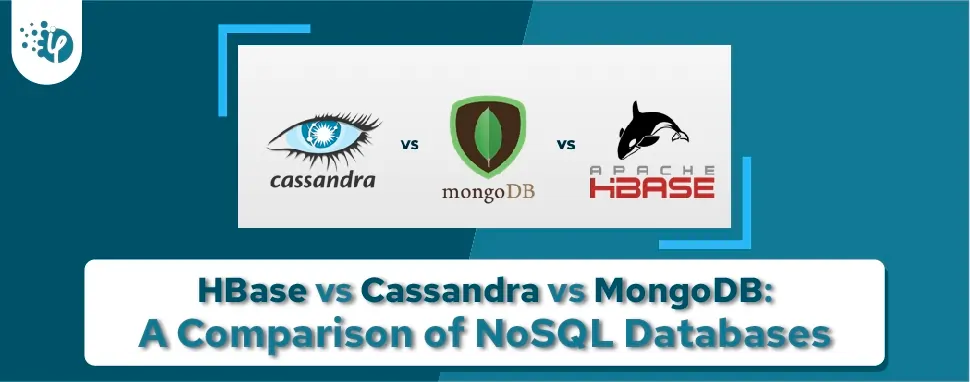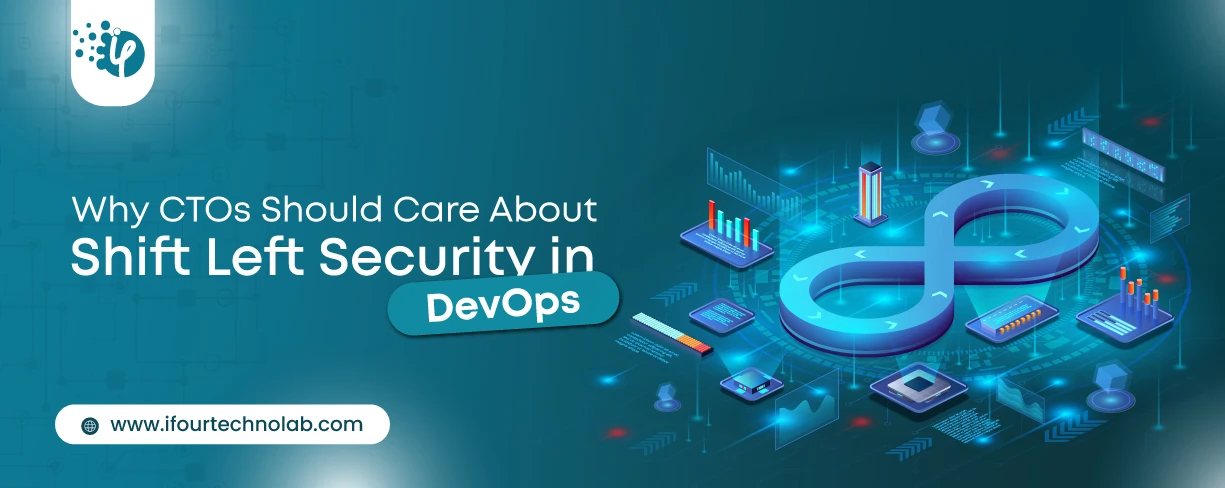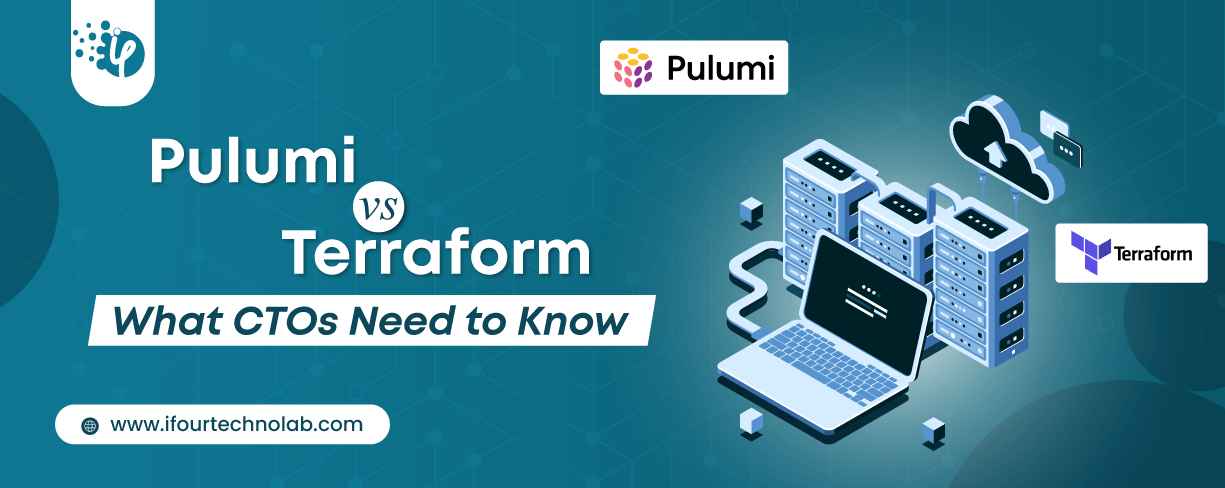How to Do Forecasting in Power BI (Steps & Accuracy Metrics)
Remember our last guide - Power BI forecasting? It revealed things that truly blocks accuracy, both structural and situational. Now it's time to take the next step. Knowing Power...
Listening is fun too.
Straighten your back and cherish with coffee - PLAY !

The thought of adopting a database confuses many especially when they look to build enterprise software for their business. NoSQL is one such solution that breaks the constraints of traditional databases and offers a fresh, flexible approach to data storage. It sparked the interest of many clients and prompted them to use NoSQL in their custom software development.
NoSQL databases are revolutionizing the way we deal with data, thanks to their capacity for handling unstructured and semi-structured data as well as their innate scalability and affordability. Whether you're a startup, or a large organization seeking to manage a massive influx of data, NoSQL databases are the perfect solution.
But what exactly is the difference between NoSQL and SQL? Why are NoSQL databases making so much hype ?
Both NoSQL and SQL are different types of databases, and they vary in a few significant ways.
The rebels of the database world, NoSQL databases provide a creative, flexible method of storing data while freeing themselves from the limitations of conventional relational databases. NoSQL databases are altering the way we deal with data thanks to their capacity for handling semi-structured and unstructured data as well as their inherent scalability and affordability. NoSQL databases are the ideal option, whether you're a startup searching for a cheap way to manage your data or a huge corporation trying to handle a massive flood of information. So why not adopt this leading platform and learn the power of NoSQL in business?
Imagine you have legacy software and need to manage vast volumes of business data, what will you do? You would probably look for a solution that offers seamless scalability and allows you to work with unstructured data without degrading performance. Right? Well, NoSQL is your answer. NoSQL databases let you mix the adaptability of JSON with the strength of SQL.
NoSQL databases have become popular in recent years because they offer several advantages over traditional relational databases. One of the main benefits of NoSQL databases is that they are highly scalable, which means that they can easily handle a large volume of data without sacrificing performance. This makes them well-suited for applications that need to handle a lot of data, such as social media networks and e-commerce platforms.
Another advantage of NoSQL databases is that they are flexible and schema-less, which means that they can store data in a variety of formats and do not require a predefined schema. This makes it easier to work with unstructured and semi-structured data and allows for more rapid development and iteration of applications.
NoSQL databases are also generally more cost-effective than traditional relational databases because they can be run on commodity hardware and do not require specialized expertise to maintain. This makes them a good choice for startups and other organizations with limited budgets.
Overall, NoSQL databases' scalability, flexibility, and cost-effectiveness make them a popular choice for many modern applications.
Now, let’s examine the three most popular NoSQL databases and their major distinctions to help you decide which is the best for your custom software development
NoSQL databases are quickly becoming a popular choice for storing data, with many developers favoring them over traditional relational databases. Let’s compare three of the most popular NoSQL databases - HBase, Cassandra, and MongoDB.
Before we get started, it’s important to note that the comparison is based on features and functionality alone. While each database has its own set of pros and cons, it’s also important to take into account the specific needs of your project.
Developed at Apache, Cassandra is a free and open-source database. Data is kept in tables made up of columns since the database is column-oriented. Data access and querying are made simple by mapping each column in a table to a particular data type.
One of the strengths of Cassandra is its scalability. Unlike some other NoSQL databases, Cassandra does not require a clustered setup in order to achieve high performance. This makes it a good choice for large-scale applications.
Another advantage of Cassandra is its ease of use. Unlike some other NoSQL databases, Cassandra does not require a lot of advanced knowledge in order to use it. This makes it a good choice for applications that need to be accessed by a wide range of users.
One downside of Cassandra is that it is not as popular as some of the other NoSQL databases. This may make it difficult to find resources and support when needed.
HBase is an open-source database that was developed at Google. It is a column-oriented database, which means that data is stored in tables that are composed of columns. Each column in a table is mapped to a specific data type, which makes it easy to access and query data.
One of the strengths of HBase is its scalability. Unlike some other NoSQL databases, HBase does not require a clustered setup in order to achieve high performance. This makes it a good choice for large-scale applications.
Another advantage of HBase is its ease of use. Unlike some other NoSQL databases, HBase does not require a lot of advanced knowledge in order to use it. This makes it a good choice for applications that need to be accessed by a wide range of users.
One downside of HBase is that it is not as popular as some of the other NoSQL databases. This may make it difficult to find resources and support when needed.
MongoDB is an open-source database that was developed at MongoDB. It is a document-oriented database, which means that data is stored in documents. Each document in a database is composed of fields, which are the equivalent of columns in a table.
One of the strengths of MongoDB is its flexibility. Unlike some other NoSQL databases, MongoDB allows you to store data in any format. This makes it a good choice for applications that need to store data in a variety of formats.
Another advantage of MongoDB is its scalability. Unlike some other NoSQL databases, MongoDB does not require a clustered setup in order to achieve high performance. This makes it a good choice for large-scale applications.
One downside of MongoDB is that it is not as popular as some of the other NoSQL databases. This may make it difficult to find resources and support when needed.
If you're considering a NoSQL database for your application, chances are you have come across HBase, Cassandra, and MongoDB. Although all three are viable contenders, understanding their differences is key to making an informed decision on the best choice for your project. Let's break down each option - beginning with HBase.
HBase is an open-source, non-relational database that runs on top of Apache Hadoop. It stores data in columns and rows and provides high scalability when dealing with large data sets. It has been used by major companies like Facebook and Microsoft because it can easily scale up or down as needed without sacrificing performance or reliability. However, due to its complex architecture and lack of features, it is not always the best choice for a wide range of applications.
On the other hand, Cassandra is an open-source NoSQL database that is highly scalable and fault tolerant. It offers a tunable consistency model and can be used to store large amounts of data with high availability. Cassandra's unique architecture allows it to manage huge volumes of data with fast read/write performance and minimal latency.
This makes it ideal for applications that require quick responses when querying large datasets.
Finally, MongoDB is a popular document-oriented NoSQL database known for its scalability, flexibility, and speed. It uses a document-store model which stores data in JSON format and provides powerful query capabilities for searching through documents. MongoDB also provides built-in support for geospatial queries, allowing developers to easily store and query geographical data.
As you can see, HBase, Cassandra, and MongoDB all offer their own unique advantages when it comes to NoSQL databases. Ultimately, the best choice for your project will depend on your specific requirements. If you need scalability and performance at any cost - HBase might be right for you. However, if you require a more sophisticated database with high availability and fast read/write speeds - Cassandra or MongoDB could be a better fit. To make sure you choose the right option for your application needs, always do thorough research before committing to one of these three NoSQL databases.
HBase is a column-oriented database that is built on top of the Hadoop Distributed File System (HDFS). Cassandra is a key-value store that is designed to be highly scalable and available. MongoDB is a document-oriented database that uses JSON-like documents to store data.
However, it is always recommended to make a comprehensive study before committing to one of these three NoSQL databases to ensure that you select the best solution for your software requirements.
When you have a huge software and need to manage massive amounts of data, then NoSQL is your optimal solution. It is an incredible platform that offers seamless scalability and allows you to work with unstructured data without degrading software performance. It breaks the constraints of traditional databases and provides a fresh, and flexible approach to data storage.
This blog has gone into detail about the 3 leading NoSQL platforms and their key differences to help you make the best choice for your software application development

Remember our last guide - Power BI forecasting? It revealed things that truly blocks accuracy, both structural and situational. Now it's time to take the next step. Knowing Power...

Security has always been a major concern. Your company spends millions on cybersecurity tools, and guess what? You’re still vulnerable. When you're working in the cloud, especially...

Automation isn’t just a trend anymore. It’s a must-have for any business relying on the Cloud. As the firm grows, cloud infrastructure gets more complex. So, choosing the right Infrastructure...